Pro Tools Alternatives: Still The Industry Standard?
With its popularity waning, we look at Pro Tools Alternatives for the next generation of producers and those looking to switch to another DAW.
In this Article:
For at least two decades, you couldn’t walk into a studio without seeing Pro Tools. The hardware integration offered by Digidesign was unmatched, with high-quality AD/DA conversion and HDX Core DSP processing that made Pro Tools HD rigs so formidable.
Pro Tools Alternatives
However, the industry caught up over the years. Today, the audio interface technology produced by RME is every bit as good as anything Avid has ever designed, or better. What’s more, Universal Audio’s Apollo series has pretty much wiped HDX off the map with an affordable entry point and an incredible range of DSP plugins.
With the sheer power of the computer chips available, native processing is now the standard, so you can pick and choose your OS platform, DAW, and audio interface from whichever manufacturer you wish. Looking back, our choices were pretty much Mac and Pro Tools, so we now have a plethora of options to navigate, which is a blessing and a curse.

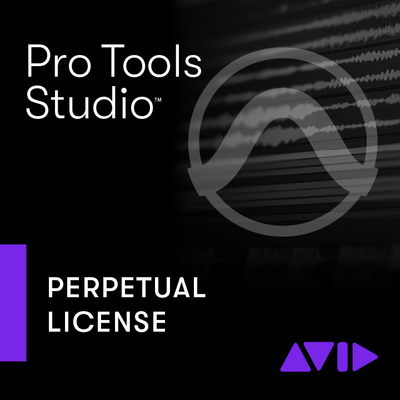
Pro Tools Alternatives: Cockos Reaper
In today’s recording circles, Reaper has become the people’s DAW, especially if you make music primarily using signals you’ve recorded rather than sample banks and software instruments. With a 60-day free evaluation period and a $60 license fee that includes updates for the next two versions, Reaper offers a huge amount of value for the price.
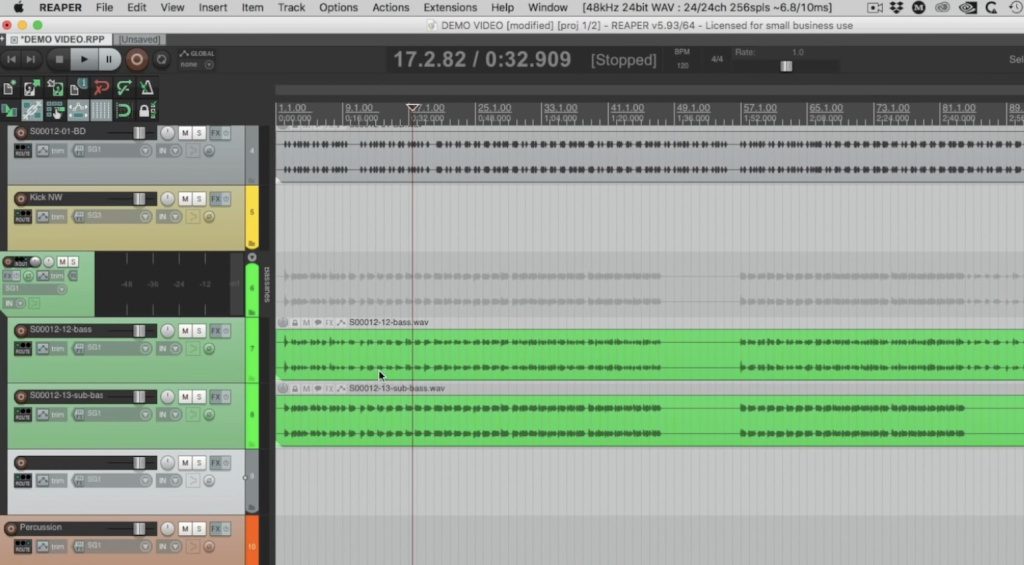
Once you’ve installed Reaper, there is a wide range of Cockos and JS plugins you can add to the DAW for free. Although they might not have the best user interfaces, the plugins have decent audio quality and get the job done. While it might only appeal to a certain type of user, Reaper offers a good deal more in terms of customization than most other DAWs.
From workflow options like custom hotkeys, custom actions, and cycle actions to complete custom 3rd-party skins that transform the look and feel of Reaper’s interface. Meanwhile, an active user community and YouTube channels like Reaper Mania will help you answer all your questions about accessing your most frequently used features from Pro Tools or another DAW.
Pro Tools Alternatives: Universal Audio LUNA
With Universal Audio LUNA, you get a flexible DAW with an old-school sensibility, which, like Pro Tools, incentivizes the use of the manufacturer’s hardware. The basic version of LUNA is actually available as a free download, which includes the Oxide Tape Extension and the Shape Virtual Instrument Pack, as well as 30-day trial versions of the LUNA Pro Bundle and Neve Summing Extension.
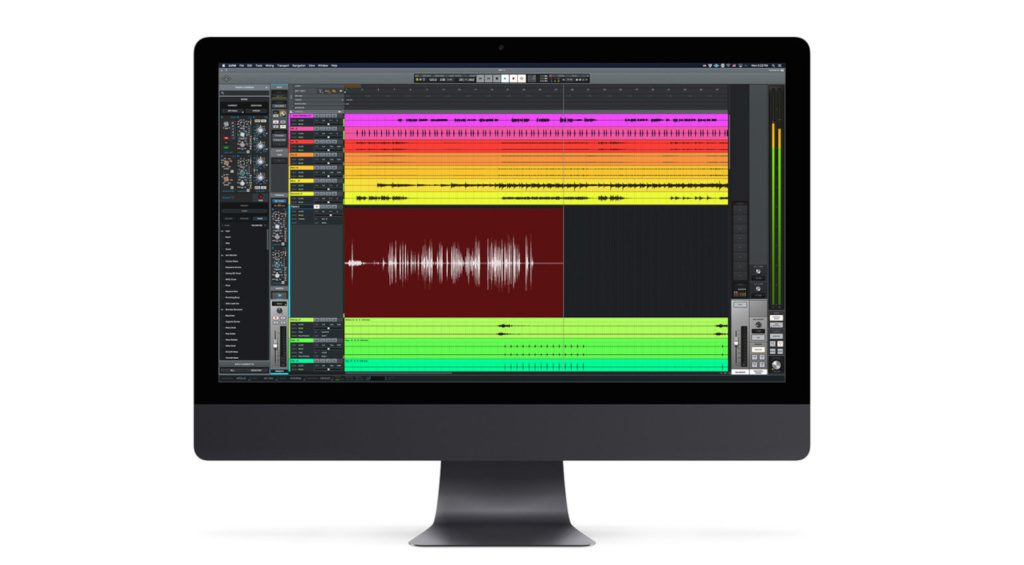
Although you could certainly get going by adding 3rd-party free plugins, LUNA has been designed as a platform to get the most from the huge range of UAD plugins available in native and DSP formats, as well as the Extensions, which should also grow in number over time.
Luckily, Universal Audio plugins and software bundles are often available at discounted prices, so you can slowly build up your treasure trove of classic processors and instruments chosen specifically for your workflow. The free version of LUNA is simply a blank canvas to start your journey before you expand your system with Summing Extensions and DSP acceleration.

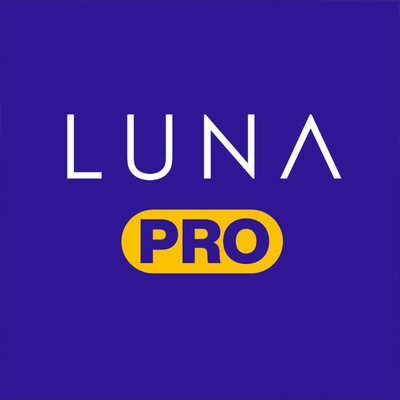

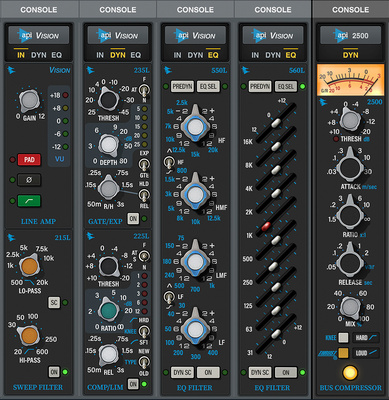
Pro Tools Alternatives: Harrison Audio Mixbus
If you’re looking for a DAW with an analogue recording sensibility, Harrison Audio Mixbus is a worthwhile option that deserves a look, especially since Harrison became part of SSL. At just $49.99 for the standard version and $149.99 for the pro version, there is plenty of value in the included features and plugins, with a classic Harrison console interface.
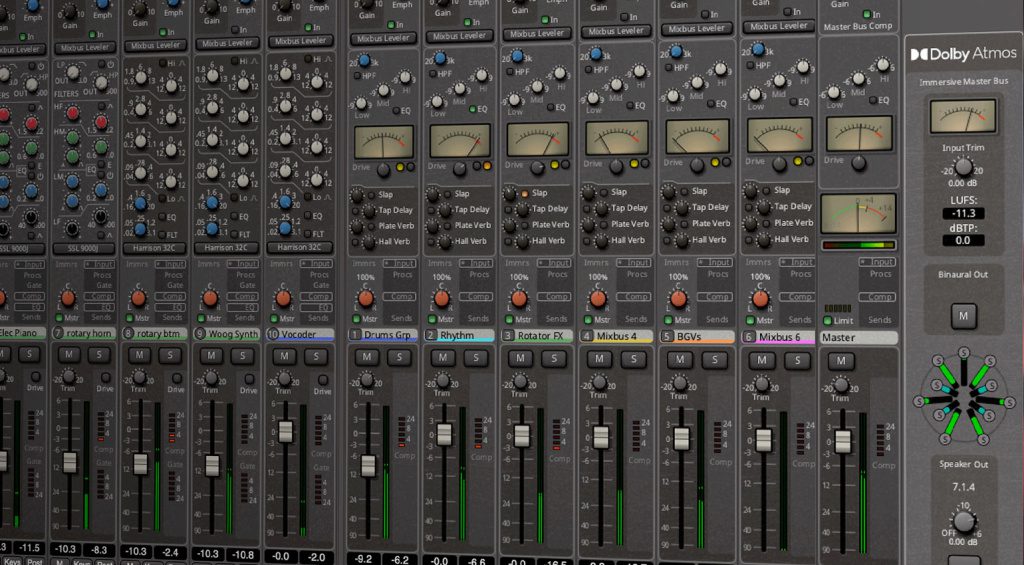
On each channel, even in the basic version, you have access to a full console channel strip emulation. This includes a dynamics section with different operating modes and an emphasis control for adding vintage character. You can also drive the “preamps” to add harmonics, and the Harrison 32C EQ is great for carving and separating sounds.
You also get the Harrison XT Plug-in Suite, a collection of 19 processing plugins ranging from creative to more utilitarian tools. In Mixbus Pro, you have the more precise SSL 9000J EQ as an option on each mixer channel and the capabilities for immersive mixing formats like Dolby Atmos. Get it at Plugin Boutique.*
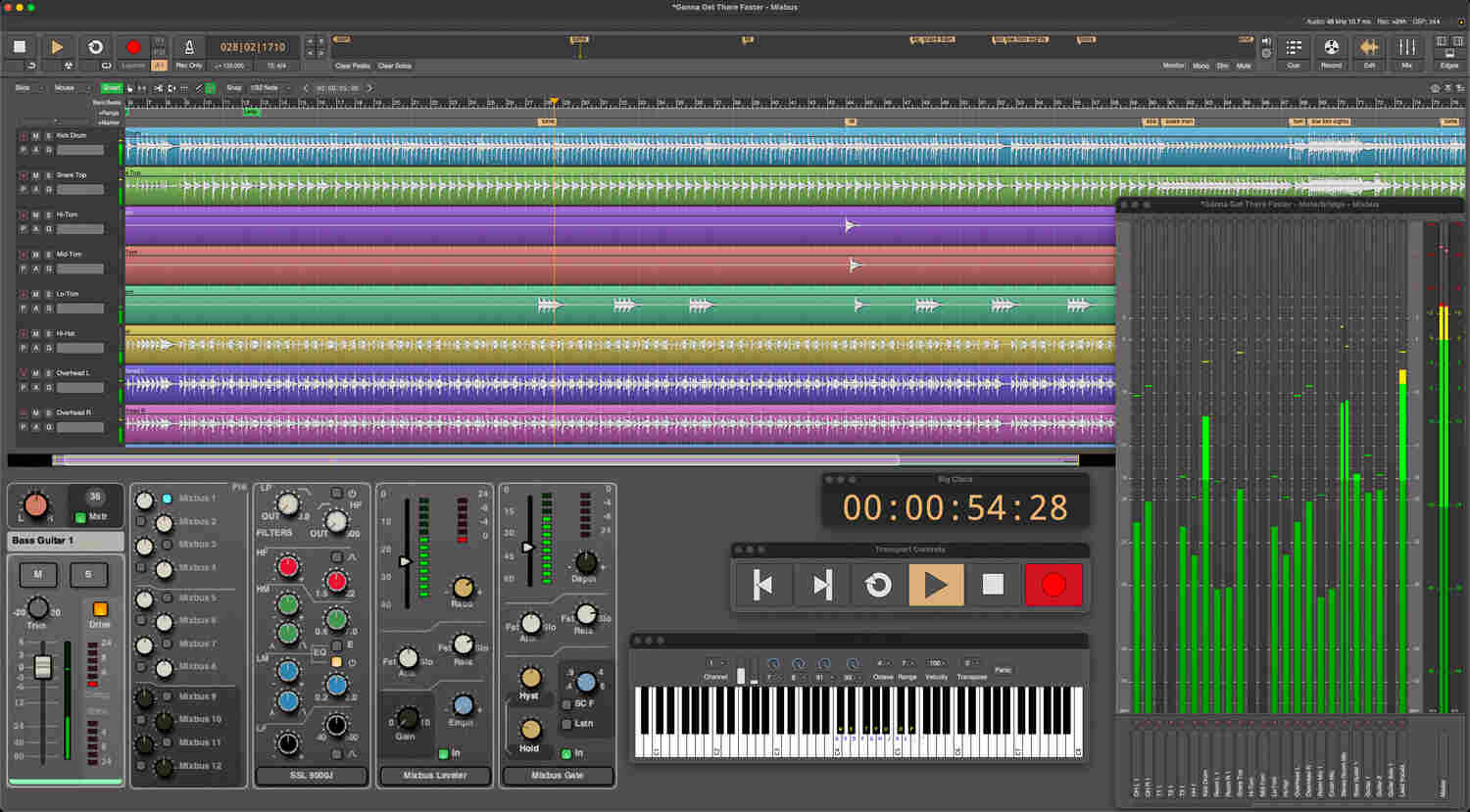

Pro Tools Alternatives: PreSonus Studio One Pro
Studio One has been around for over 15 years now and has proved its worth as a formidable DAW for recording, music production, and mixing. One thing Studio One does do better than most DAW systems is that it keeps up with the Joneses. This means you can enjoy all the trendiest new features like AI-assisted stem separation, Splice Integration, and loop-based production workflows.
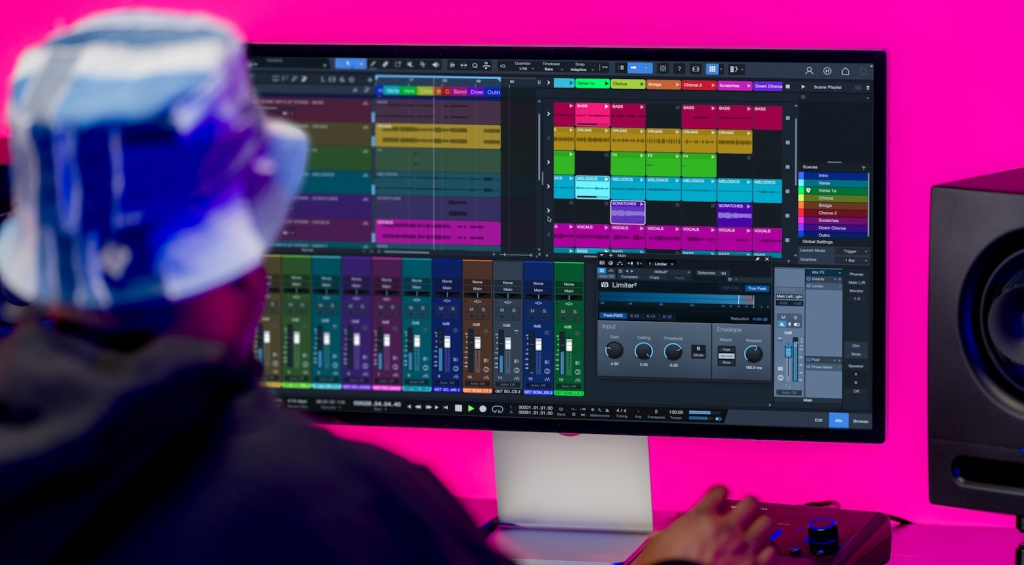
Almost everything in Studio One works via an intuitive drag-and-drop interface, which makes it quite easy to learn and use. In addition, the inclusion of innovative features like Event Effects is impressive, as it allows you to create non-destructive effects processing clips that can be copied and pasted anywhere on your timeline.
PreSonus recently restructured the pricing of Studio One, and with the high upgrade fees ($149), the annual Studio One Pro+ Subscription plan is highly incentivized. Overall, the software still offers a huge amount of value for the price in terms of production tools and content. Get it at Thomann.*

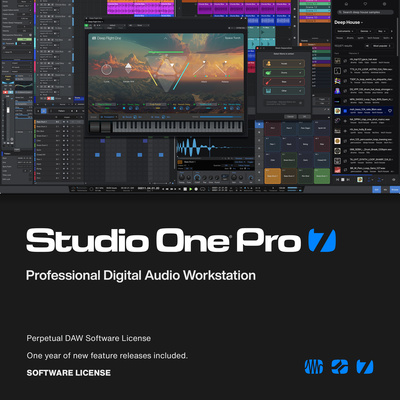
Pro Tools Alternatives: Steinberg Cubase
As a longtime competitor, Cubase can certainly go toe-to-toe with Pro Tools, matching its capabilities in every department and even exceeding it in some areas. Like Pro Tools, it’s not the coolest or the most fun DAW to work on, but when it comes to sonic accuracy and performance as a plugin host, you simply can’t go wrong.

Cubase has all the bells and whistles you could want in a DAW, with a wealth of high-quality plugins and offline processing capabilities included, as well as amazing pro features for recording, mixing, and film scoring. In addition, features like VariAudio put Cubase slightly ahead of the pack in some ways, as it saves you from having to buy Melodyne.
The only drawback about Cubase is, of course, the cost and the pricing structure. If you plan on upgrading to the latest version each year, it’s pretty much like having an annual subscription plan. The set upgrade fee means varying, often diminishing returns in terms of the value offered by each new version update, so be on the lookout for sales. Get it at Thomann.*

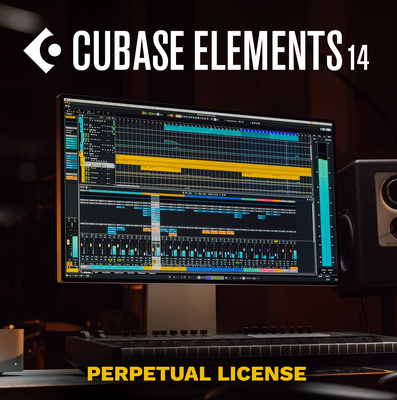

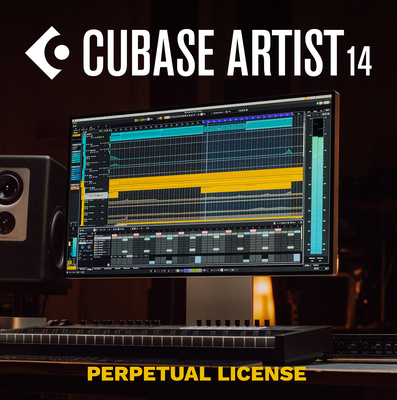

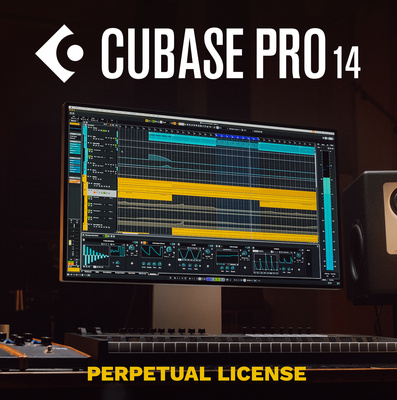
More about Pro Tools Alternatives:
*Note: This article contains affiliate links that help us fund our site. Don’t worry: the price for you always stays the same! If you buy something through these links, we will receive a small commission. Thank you for your support!
One response to “Pro Tools Alternatives: Still The Industry Standard?”

 3,1 / 5,0 |
3,1 / 5,0 | 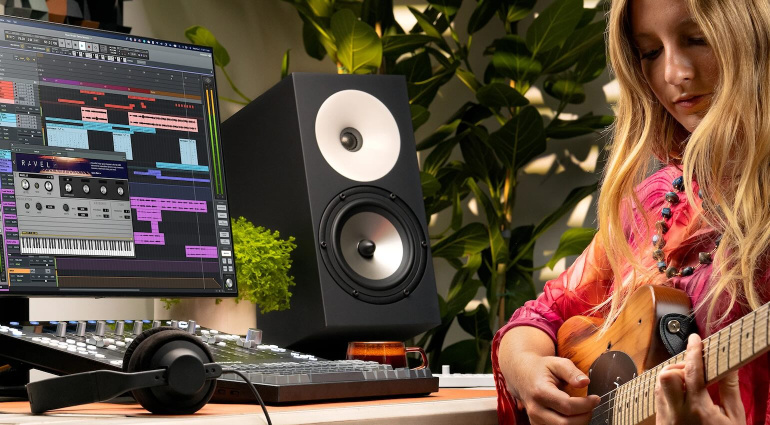



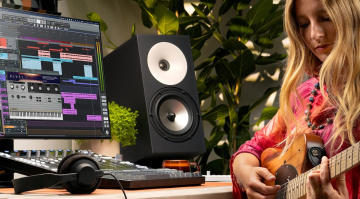


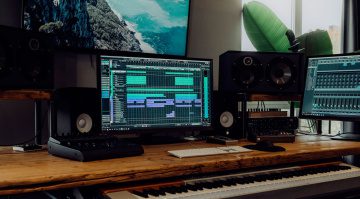
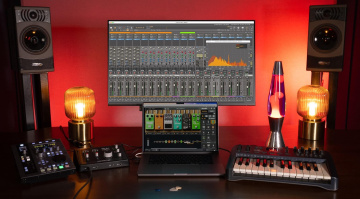
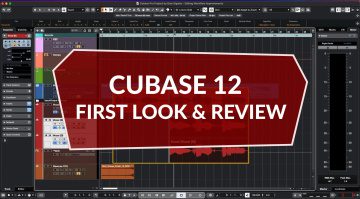

Without Logic as an alternative, this is just an advert for what you DO sell, not an actual article.